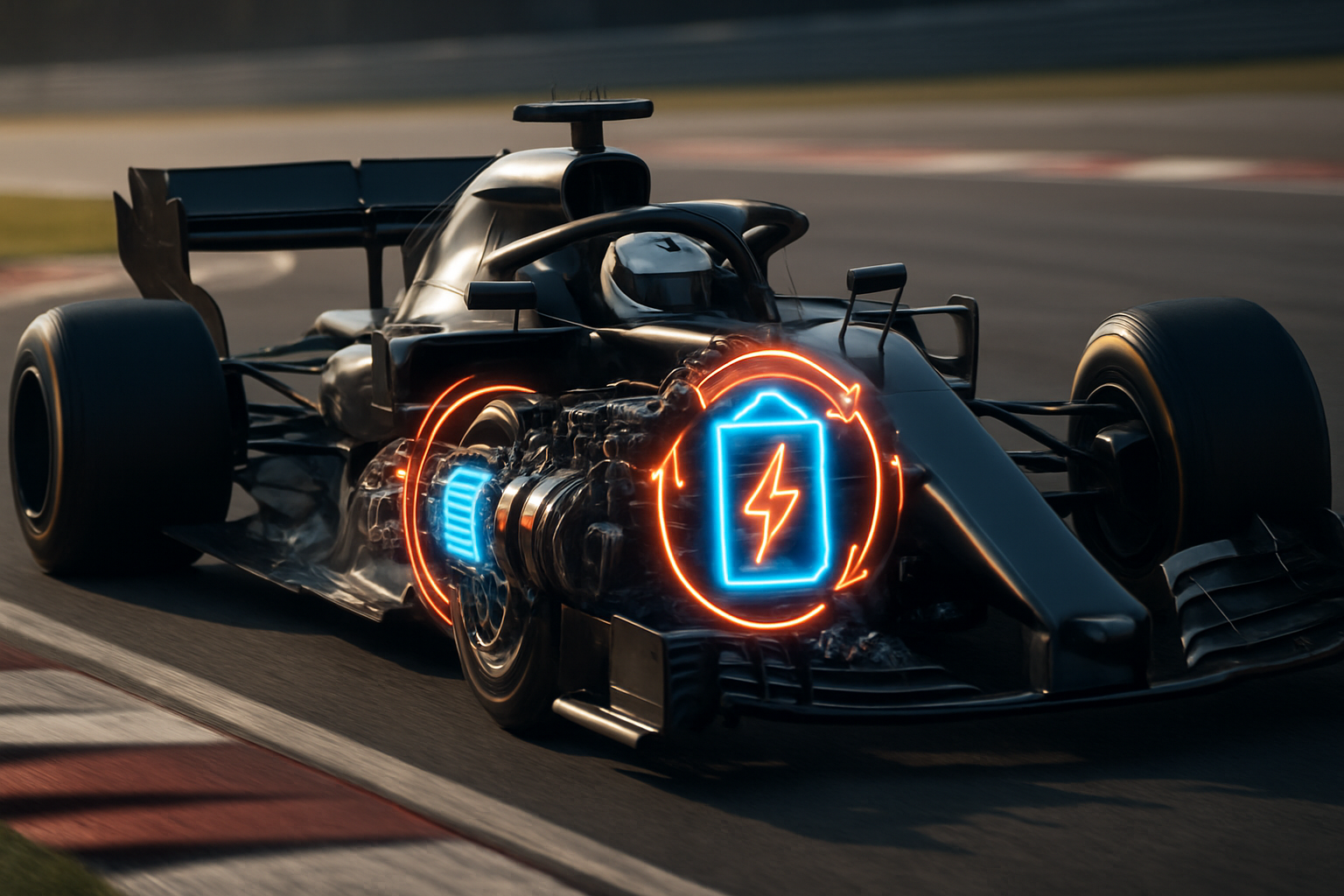Redefining Performance: The Rise of Synthetic Fuels in Automotive Industry
Introduction: As the automotive world shifts gears towards a more sustainable future, an unexpected player is gaining momentum. Synthetic fuels, also known as e-fuels, are emerging as a potential game-changer. Could these lab-created fuels be the answer to the industry's sustainability dilemma? This article delves into the world of synthetic fuels, charting their journey from lab to racetrack and beyond.

A New Chapter in Fuel Technology
Synthetic fuels are man-made fuels that replicate the properties of traditional petroleum-based fuels. The process involves combining carbon dioxide (CO2) and hydrogen to create a liquid hydrocarbon fuel. What sets synthetic fuels apart is their potential to be carbon-neutral. The CO2 used in their production can be captured directly from the atmosphere, effectively recycling carbon emissions.
The Advantages of Synthetic Fuels
Synthetic fuels present several benefits to the automotive industry. They are compatible with current vehicle technology, which means they can be used in existing cars without any modifications. This offers a significant advantage over electric vehicles, which require substantial infrastructure changes and upgrades. Synthetic fuels can also be used in high-performance applications, like race cars and jets, where electric alternatives aren’t feasible.
The Challenges Ahead
Despite their promising potential, synthetic fuels face several obstacles. Their production is currently expensive and energy-intensive, limiting their viability as a mass-market solution. Moreover, they still emit CO2 when burned, which could contribute to global warming. The industry must find ways to scale production efficiently and sustainably to make synthetic fuels a viable option.
The Role of Synthetic Fuels in Motorsports
One area where synthetic fuels are making a significant impact is motorsports. Several racing organizations are exploring synthetic fuels as a way to decrease their carbon footprint while maintaining high performance. Porsche, for example, is investing heavily in synthetic fuel technology for its motorsports division, citing its compatibility with classic cars as a significant advantage.
The Future of Synthetic Fuels
Synthetic fuels are still in the early stages of development, but they hold immense potential. As the technology evolves, these fuels could serve as a bridge between fossil fuels and a fully renewable energy future. While they may not replace electric vehicles, synthetic fuels could play a crucial role in decarbonizing sectors where electrification is challenging.
In conclusion, synthetic fuels represent an exciting new frontier in the automotive industry. As engineers and scientists continue to develop and refine this technology, we may soon see these lab-created fuels powering our vehicles, challenging our preconceived notions of what a sustainable automotive future might look like.




